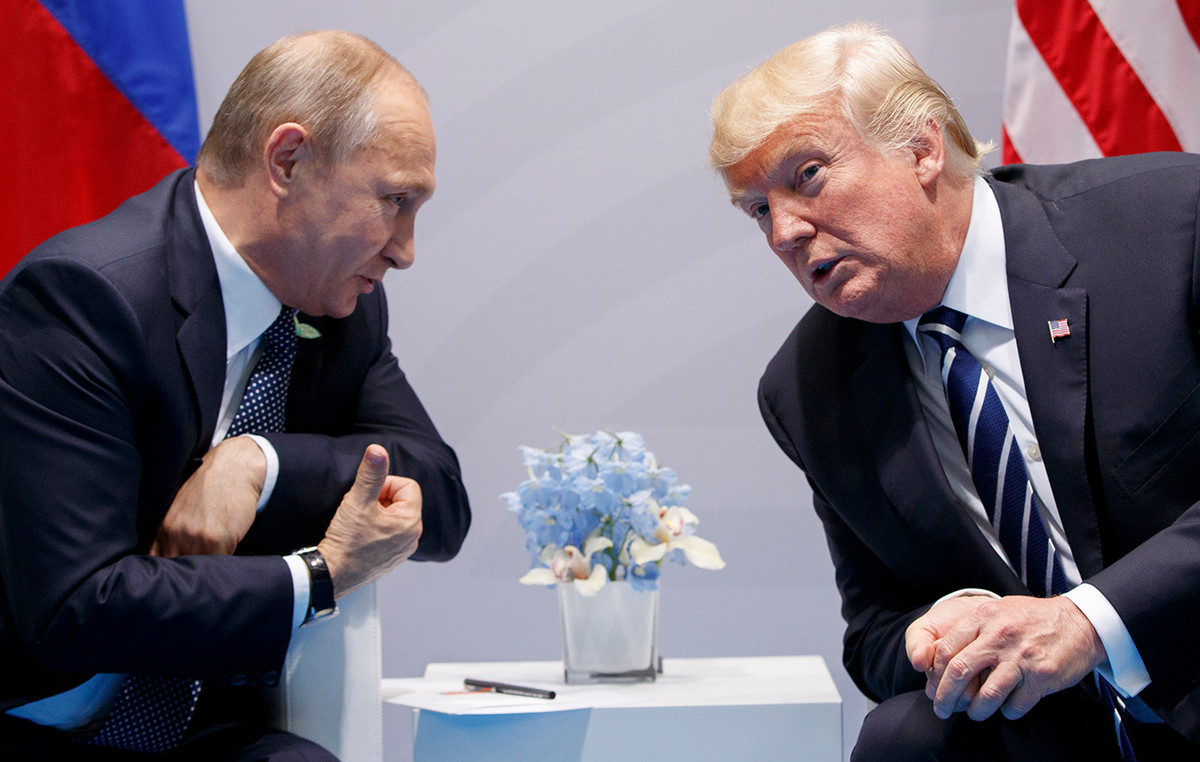Russia has long been fueled by oil and Europe’s addiction to it.
Now, Moscow faces an unprecedented challenge: if the continent stops imports of millions of barrels of oil, will it be able to find new customers?
The once hesitant European Union is now taking steps to stop the flow of Russian oil and refined products to most member states this year as the war in Ukraine drags on.
If the bloc agrees to an embargo, it will hit the heart of Russia’s economy, which continues to profit from its large energy sector.
The United States, Canada, the United Kingdom and Australia have already banned imports, and Japan said it would follow suit “in principle” after a G7 meeting over the weekend.
Coupled with an EU embargo, this would put about half of the global economy off limits to Russian oil.
Moscow would not be affected overnight. Countries like India continue to hog hundreds of thousands of barrels of oil a day, taking advantage of deep discounts.
And the Kremlin’s tax revenues have increased due to the general rise in global benchmark prices triggered by the invasion of Ukraine.
But over time, losing Europe — the destination for more than half of Russia’s oil exports — would deal a blow to the Kremlin, reducing government revenue as other tough sanctions take an ever-increasing toll.
It will struggle to find enough new customers to fill the gap. The International Energy Agency and other analysts predict that Russian oil production will drop dramatically as a result.
“It hurts Russia, without a doubt,” said Henning Gloystein, energy program director at consultancy Eurasia Group.
The importance of Europe
Moscow relies heavily on revenue from its powerful oil and gas sector, which in January accounted for 45% of the federal government’s budget.
And Europe has been one of the main customers. Last year, it received about a third of its oil imports from Russia, according to the IEA. Before the invasion of Ukraine, Europe imported about 3.4 million barrels of oil a day from Russia.
That number has dropped a little. Since late February, oil traders in Europe have largely avoided Russian oil that is shipped by sea, facing skyrocketing shipping costs and the difficulty of securing necessary financing and insurance.
Europe imported about 3 million barrels of oil a day from Russia in April, according to Rystad Energy.
But after more than two months of war, the European Union wants to go even further. Its leaders have proposed banning all oil imports from Russia within six months and ending imports of refined products by the end of the year.
Negotiations are ongoing. While countries like Germany are racing to reduce their dependence on Russian energy, others said they wouldn’t be ready.
Hungary’s government said it would take three to five years to get rid of Russian oil.
Other landlocked states such as Slovakia and the Czech Republic, which rely heavily on supplies delivered by pipeline, want similar exclusions.
Still, the EU plan would increase pressure on Russia’s economy, which the International Monetary Fund had already predicted would shrink by 8.5% this year, plunging into a deep recession.
Analysts at Rystad Energy and Kpler, another research firm, expect Russia will need to reduce production by around 2 million barrels a day – or around 20% – as a result of the embargo.
“Oil is an important source of hard currency for Russia and, since the introduction of financial sanctions, it has become a vital lifeline for the Russian economy and a crucial source of financing for the war,” wrote Bruegel experts, a Brussels-based think tank.
India intervenes, China lags behind
The embargo of a big importer like Europe will have disadvantages. If oil prices rise as a result, Moscow could actually bring in more government revenue from oil taxes, at least in the short term.
That depends, however, on Russia’s ability to redirect the oil to other buyers. It won’t be easy.
A significant portion of Russia’s oil exports to Europe reach the bloc through pipelines.
Redirecting these barrels to Asian markets would require expensive new infrastructure that would take years to build.
Meanwhile, oil traveling by sea may find alternative buyers. India – which consumes around 5 million barrels of oil a day – has dramatically increased its imports from Russia since the start of the war.
Major Russian Ural crude is priced against the benchmark Brent.
Before the invasion, it was traded at a discount of a few cents. Now the discount is $35 a barrel, making it much more attractive to buyers who aren’t constrained by sanctions.
Data from Rystad Energy shows India’s oil imports from Russia jumped to nearly 360,000 barrels a day in April, a five-fold increase from January.
“At a time when others are willing to avoid or avoid Russian oil, they are apparently the biggest beneficiaries of lower prices here,” said Matt Smith, an oil analyst at Kpler.
India, in turn, minimized the increase in imports. In a statement last week, the Ministry of Oil and Natural Gas said the country imports oil from around the world, including a significant amount from the United States.
“Despite attempts to portray it otherwise, Russia’s energy purchases remain minuscule compared to India’s total consumption,” the ministry said in a statement.
China, historically the biggest single buyer of Russian oil, was also expected to make purchases.
Data from Rystad, Kpler and OilX show that imports have increased since the Ukraine invasion, but not as dramatically.
OilX, which uses industry and satellite data to track oil production and flows, found that China’s imports from Russia by pipeline and sea rose by just 175,000 barrels a day in April — an increase of about 11% in April. relative to average volumes in 2021. rising more sharply in May, according to initial data.
Still, China’s energy demand has fallen as efforts to stop the spread of the coronavirus increase, imposing tough restrictions on major cities.
For now, that leaves Moscow — a close ally of Beijing — in trouble.
“The Chinese didn’t pile up and swallow it all up,” said Gloystein of the Eurasia Group.
Source: CNN Brasil
I am Sophia william, author of World Stock Market. I have a degree in journalism from the University of Missouri and I have worked as a reporter for several news websites. I have a passion for writing and informing people about the latest news and events happening in the world. I strive to be accurate and unbiased in my reporting, and I hope to provide readers with valuable information that they can use to make informed decisions.







